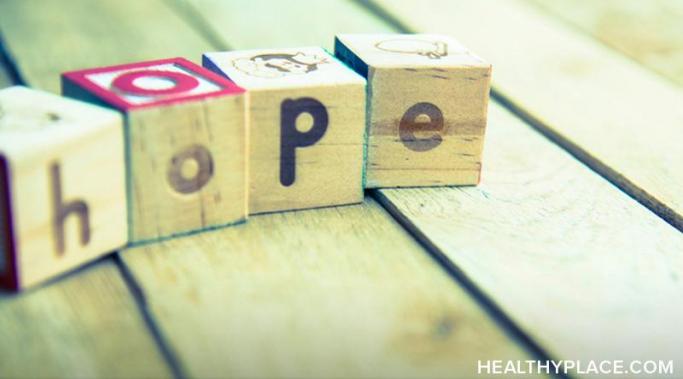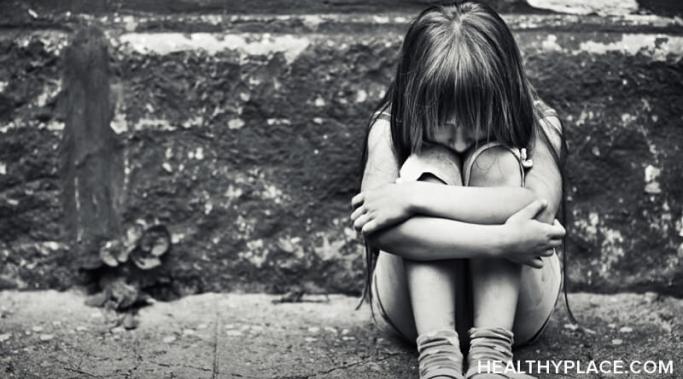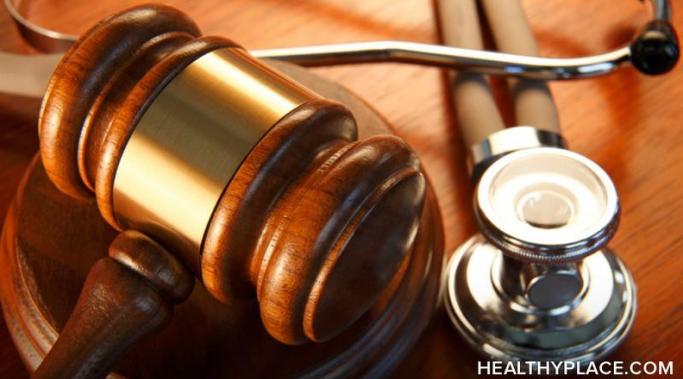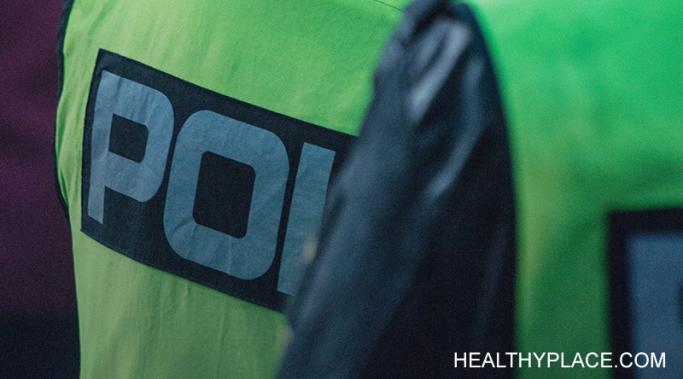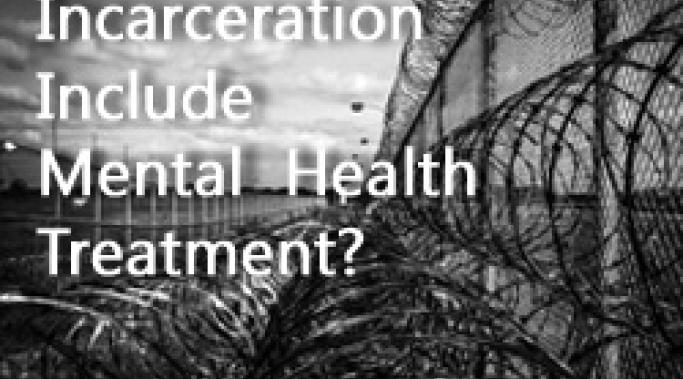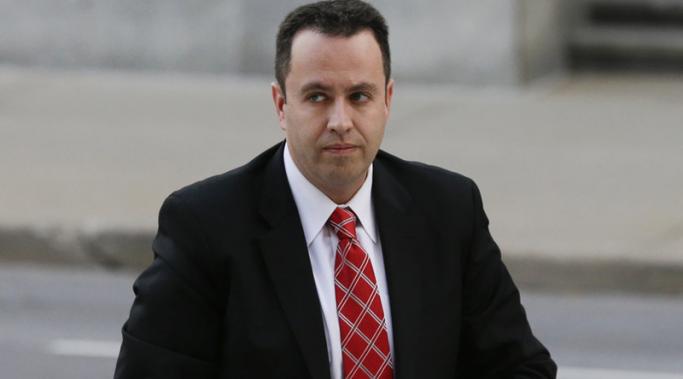I love being a mental health worker in Toledo, but I see our city named on all sorts of lists: "most stressed-out cities," "high violent crime rates," and even "least-livable cities."
Crime and Mental Illness
It's important to consider whether hospitals should be allowed to release patients to the streets. I was recently in the hospital with an 18-year-old man with bipolar disorder. He was so disruptive in his manic state that the hospital discharged him even though he had no place to go. It's not the first time I've seen a hospital discharge a patient to the streets (Mental Illness and Homelessness). It made me wonder if hospitals should be allowed to release patients to the streets.
We should call the police in a mental health crisis only as a last resort. I spent some time at a psychiatric hospital that used off-duty but uniformed Marion County Sheriff's Deputies as security. I thought this was a bad idea because many mental health consumers have had bad experiences with the police. Even though I have no criminal record, I have a mild fear of police officers, especially when in crisis, because I've seen confrontations end badly (Mental Health Crises and Calling the Police). For example, one night a patient refused to go to his room, and security was summoned. One deputy pulled out his can of pepper spray and yelled, "You want some of this?" That's one reason why calling the police during a mental health crisis should be a last resort, especially in hospitals.
It's clear we need a sensible drug policy in the United States. My generation grew up with a government policy of 100 percent abstinence from illegal substances. We became the most drug-addicted generation in history. When you explore the racist history behind our current drug policy and read what the science really says about illegal drugs, it can easily lead to one conclusion: We need a sensible drug policy in the United States.
How does one recover from sexually predatory behavior? Donald Trump's recent comments have sparked an avalanche of ugly behavior and comments. What stood out to me was his remark that the women a celebrity abused would not do anything about it because the celebrity is in a position of power--classic sexual predator logic. But some people, despite all the risks, do come forward and have the courage to heal (The Cosby Case Can Teach Us Three Lessons). Here is how we go about recovering from sexually predatory behavior.
Police de-escalation is not "hug a thug." Unfortunately, police are often the first responders to a mental health crisis. Police, however, are trained to deal with criminals, not sick people. We see the result of the tragedy in Sacramento in which police attempted to run over a mentally ill black man before shooting him 14 times.1 They knew he was mentally ill yet escalated the situation with lethal force. According to the L.A. Times, police unions and some of the rank-and-file refer to de-escalation as "hug a thug."2 This is the wrong attitude for an officer to have, and makes calling the police for help dangerous for a person with mental illness.
Staying hydrated is important to mental health. After a bout with dehydration, I wondered how staying hydrated could affect mental health. After researching the subject, I found that staying hydrated is important to mental health.
Should incarceration include mental health treatment? My youngest brother scared his wife half to death once. He texted her from work, "We are all okay, but we just got robbed." His budget cell phone deleted the first part of that message, so she spent several hours trying to find out that a man walked into the Petco without a mask, demanded money (no weapon), and left plenty of fingerprints and a superb profile on the CCTV. He got away with $100. We later learned drugs and mental illness were involved (Treating Criminal Justice-Involved Drug Abusers and Addicts). He committed the crime because he was sick. That raises the question, "Should incarceration include mental health treatment?"
We are overdue for a conversation on the need for mental health courts. My friend, Hector Barajas, a U.S. Army veteran, developed posttraumatic stress disorder (PTSD) as a result of his service in the 82nd Airborne during the Gulf War. He was honorably discharged, but his illness was not acknowledged. In the midst of a flashback, he fired a gun. Although no one was hurt, he was arrested, convicted of a felony, then deported for life--he thought his service made him a citizen, but was misinformed and paid a drastic price. Hector and the estimated 30,000 veterans like him who have been deported largely for crimes committed due to PTSD are the poster children for the need for mental health courts.
Is Jared Fogle mentally ill? I live in Indianapolis, where the debacle has been extremely high-profile. Fogle plea-bargained to charges of traveling to engage in illicit sexual conduct with a minor and distribution and receipt of child pornography and will serve jail time (Pedophiles on the Web). During the press conference that was, unfortunately, near my bus stop, Fogle's attorneys claimed he had "a medical problem." After my initial disgust and rage, I realized that they are technically correct. Pedophilia is a recognized mental disorder. But how much of the blame is on Fogle and how much of it is mental illness? Is Jared Fogle really mentally ill?
